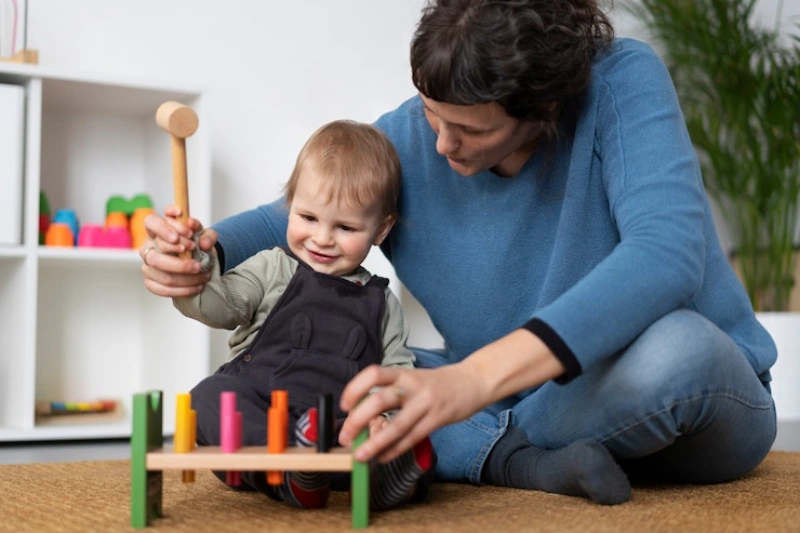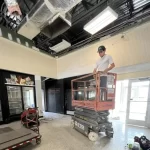While every child progresses at a different pace, research indicates four stages of normal development. Understanding these stages is critical to recognizing whether your child may have a developmental disability. The sooner children get diagnosed, the sooner they can receive academic and medical assistance. A diagnosis can also help parents better meet their children’s needs and access support.
One of the first child development scientists, Jean Piaget, divided childhood into four cognitive stages. While children may struggle with specific skills on an individual basis, they should hit milestones at relatively the same time.
Birth to 2 Years: Sensorimotor Stage
Infants begin with reflexes and little else. Natural reflexes, such as the suck and startle reflex, allow them to eat and communicate needs to caregivers on a basic level.
Things adults and even older children take for granted, such as object permanence, require months to learn. Understanding that simply because an object is out of sight doesn’t mean it no longer exists doesn’t develop until six months, which is why younger babies may cry during games of peek-a-book while older ones delight in the game.
Children in the sensorimotor stage of development also don’t yet understand the concepts of right and wrong. They’re simply exploring the world with their five senses and display behaviors that prompt caregivers to meet their needs.
2 to 7 Years: Preoperational Stage
Once children reach toddler years, they begin to experiment with abstract ideas. During this stage, they develop the cognitive and emotional skills necessary to recognize others as individuals with their own thoughts and motivations.
During the preoperational stage, children exhibit the following behavior:
- Verbal evocation of events
- Mental imagery
- Imitation
- Drawing
- Symbolic play
You may also notice sensory issues during this stage, such as being overly sensitive to noise, light, and other stimuli. Professionals can evaluate children for sensory processing disorders at this age through diagnostic criteria such as (SPM™-2) Sensory Processing Measure, Second Edition and SPM-2 Quick Tips™.
7 to 11 Years: Concrete Operational Stage
During the concrete operational stage, kids start applying logic to their environment and moving away from an ego-centric point of view. Parents should notice the following behaviors:
- Seriation
- Classification
- Conservation and reversibility
Most children at this age still struggle with abstract concepts, though parents can nurture this development with thoughtful discussion.
12 Years and Up: Formal Operational Stage
In the formal operational stage, children master hypothetical-deductive reasoning, which facilitates hypothetical thinking. With these skills, children can achieve the following:
- Draw clues from surroundings
- Make guesses about the future
- Think about what is and isn’t possible
Kids in this phase should also exhibit adaptive behavior. If your child struggles with practical, social, or conceptual skills by adolescence, it may be time for an evaluation. Professionals can utilize (ABAS®-3) Adaptive Behavior Assessment System, Third Edition at any stage of development, so if you suspect your child is falling behind, contact a specialist.
Beyond Stages
WPS develops and distributes psychological tests to help individuals get the care they need. Professionals all over the world use these assessments to diagnose developmental disorders in adults and children.















